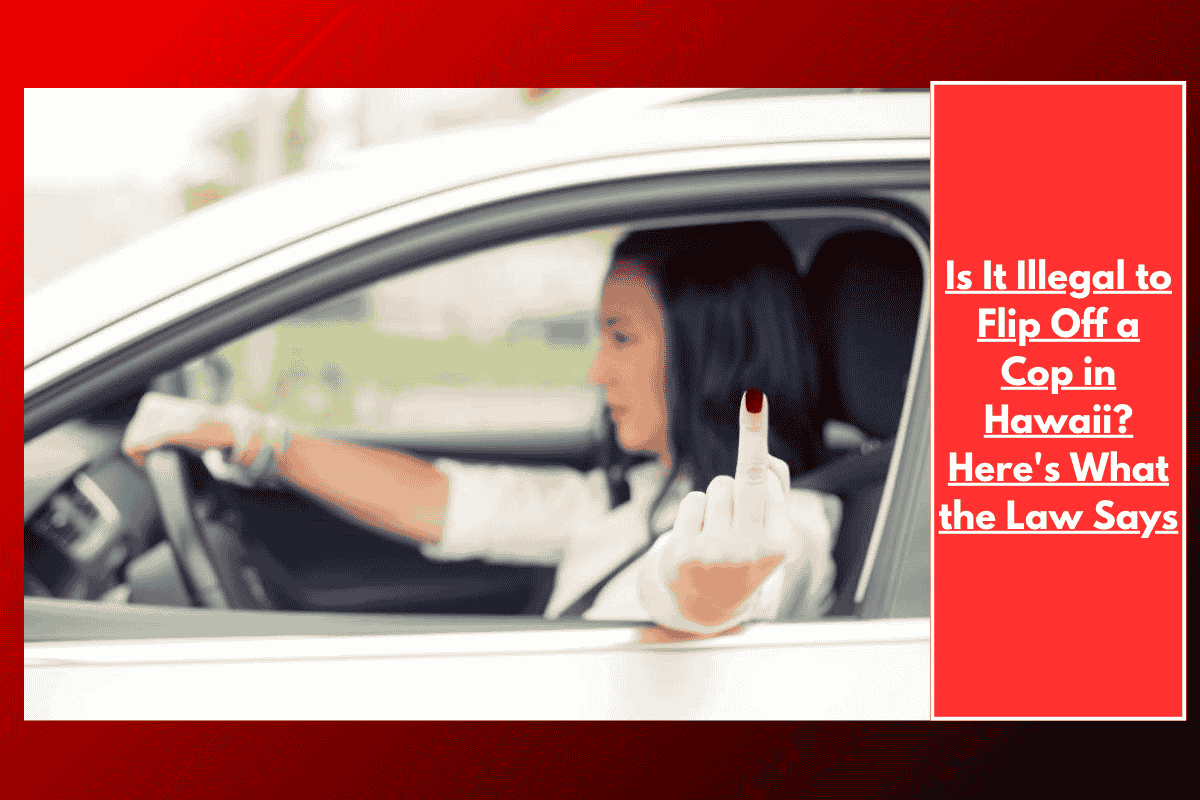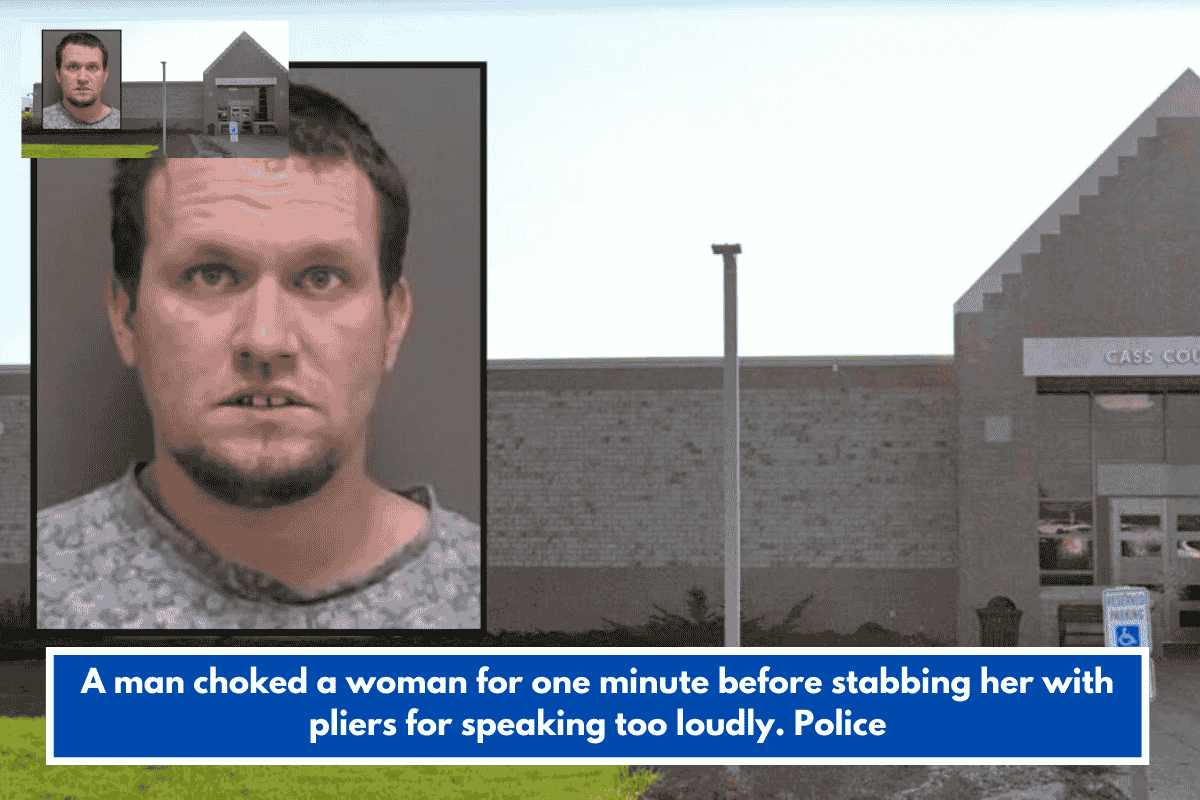If you’ve ever been frustrated with a police officer or had an intense encounter while driving or walking, you may have wondered whether expressing yourself by flipping someone off could lead to trouble, especially if that person is a police officer. In Hawaii, as in most places, the laws surrounding gestures like flipping someone off are often tied to free speech, public behavior, and whether it could lead to disturbances or conflicts. In this guide, we will explore whether it’s illegal to flip off a cop in Hawaii and what the law says.
The First Amendment and Free Speech
First and foremost, it’s important to recognize that in the United States, the First Amendment protects freedom of speech, which includes gestures like flipping someone off. This means that, in most cases, expressing frustration or making a rude gesture, such as giving someone the middle finger, is not inherently illegal.
However, there are limits to this protection. While you may have the right to express yourself, certain actions or gestures can cross the line into illegal territory, especially if they lead to harassment, threats, or escalate into a situation where public order or safety is at risk.
Hawaii’s Laws on Offensive Behavior
Hawaii, like other states, has laws that deal with disorderly conduct and offensive behavior. While simply flipping someone off may not directly violate these laws, if the gesture is accompanied by other actions—such as causing a public disturbance, engaging in threatening behavior, or creating an unsafe environment—it could potentially lead to legal consequences.
Disorderly Conduct: Under Hawaii’s disorderly conduct laws, you could be charged if your actions create a public disturbance or disrupt the peace. If flipping off a cop leads to a confrontation or causes a scene in a public space, it could be considered disorderly conduct. For example, if you’re in a vehicle and the gesture leads to reckless driving, traffic violations, or a verbal altercation with the officer, you might face consequences for your behavior.
Harassment or Threatening Behavior: If the gesture is accompanied by verbal threats or an attempt to intimidate, you may be crossing into the realm of harassment or even making threats, which are much more serious offenses. Threatening a police officer or anyone else could lead to criminal charges under Hawaii’s harassment laws.
Creating a Risk of Violence: If the gesture is seen as an act that could provoke violence, it might fall under laws related to inciting violence or disturbing the peace. The context of the situation and how the officer perceives the gesture plays a role in whether it leads to legal trouble.
Is It Considered a Crime?
Flipping off a cop in Hawaii, by itself, is not a crime unless it involves other actions that violate the law. If you simply give an officer the middle finger without escalating the situation, it’s likely that the gesture would not result in criminal charges. However, if the gesture leads to a confrontation, argument, or disorderly conduct, you could be facing fines or other legal issues.
For example, if a police officer perceives your gesture as threatening or provocative, they may interpret it as an attempt to escalate the situation, leading to further actions on their part, such as issuing a citation or making an arrest for disorderly conduct.
How Police Handle Gestures
It’s also important to understand how police officers typically respond to rude gestures. In most cases, officers are trained to remain professional and not escalate situations. However, every officer has their own approach, and depending on the situation, they might choose to either ignore the gesture or take it as an opportunity to engage further.
If you’re interacting with an officer and you feel the situation is becoming tense or confrontational, it’s always a good idea to stay calm and avoid actions that could escalate things. Even if the gesture is legally protected, it can still lead to unnecessary conflict.
In Hawaii, flipping off a cop is not directly illegal, but it could lead to legal trouble depending on the circumstances. While your right to free speech generally protects this kind of gesture, it can still be considered offensive or disruptive behavior, especially if it leads to a confrontation, harassment, or public disturbance. To avoid potential legal issues, it’s important to consider the context and the reactions of those around you, including law enforcement. If you’re unsure about the legal implications of a situation, it’s always best to err on the side of caution and avoid actions that could lead to conflict or escalate the situation.
SOURCES
[1] https://www.reddit.com/r/Hawaii/comments/zot23y/hard_to_respect_police_on_oahu/
[2] https://codelibrary.amlegal.com/codes/honolulu/latest/honolulu/0-0-0-10865
[3] https://www.civilbeat.org/2020/07/hawaii-legislature-removes-police-exemption-for-misconduct-cases/
[4] https://law.hawaii.gov
[5] https://law.justia.com/codes/hawaii/title-17/chapter-291c/section-291c-23/














